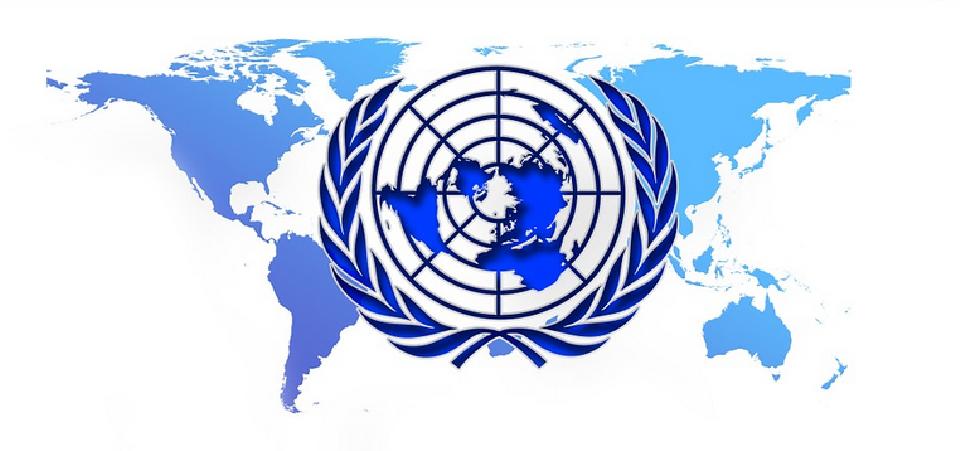The organization researched children of different ages in nineteen countries to find out how they react to pornographic images. The results of the survey are not published out of respect for the children, but a significant number of them found the images upsetting. As a result of the criticism, the organization removed the study from its website, and did not comment on the supervision under which the experiments were conducted, or the help that the traumatized juveniles received.
On the other hand, the study highlights that the age verification systems of online platforms may violate the human rights of children and adults. They concluded that setting age limits on pornographic sites would prevent children from accessing vital sex education materials...
According to Lisa Thompson, a researcher specializing in sexual exploitation, UNICEF ignores the many surveys that write about the extremely harmful effects of pornography on children.
These have shown that pornography is a central driver of sexual violence against children and women. Today's sexually explicit material is full of depictions of rape and physical abuse that children shouldn't be exposed to, Thompson said.
UNICEF's frivolous study does nothing to contradict the political narrative that pornography is harmless, and that this attitude puts children themselves at risk, the researcher opined.
Source: Magyar Hírlap












